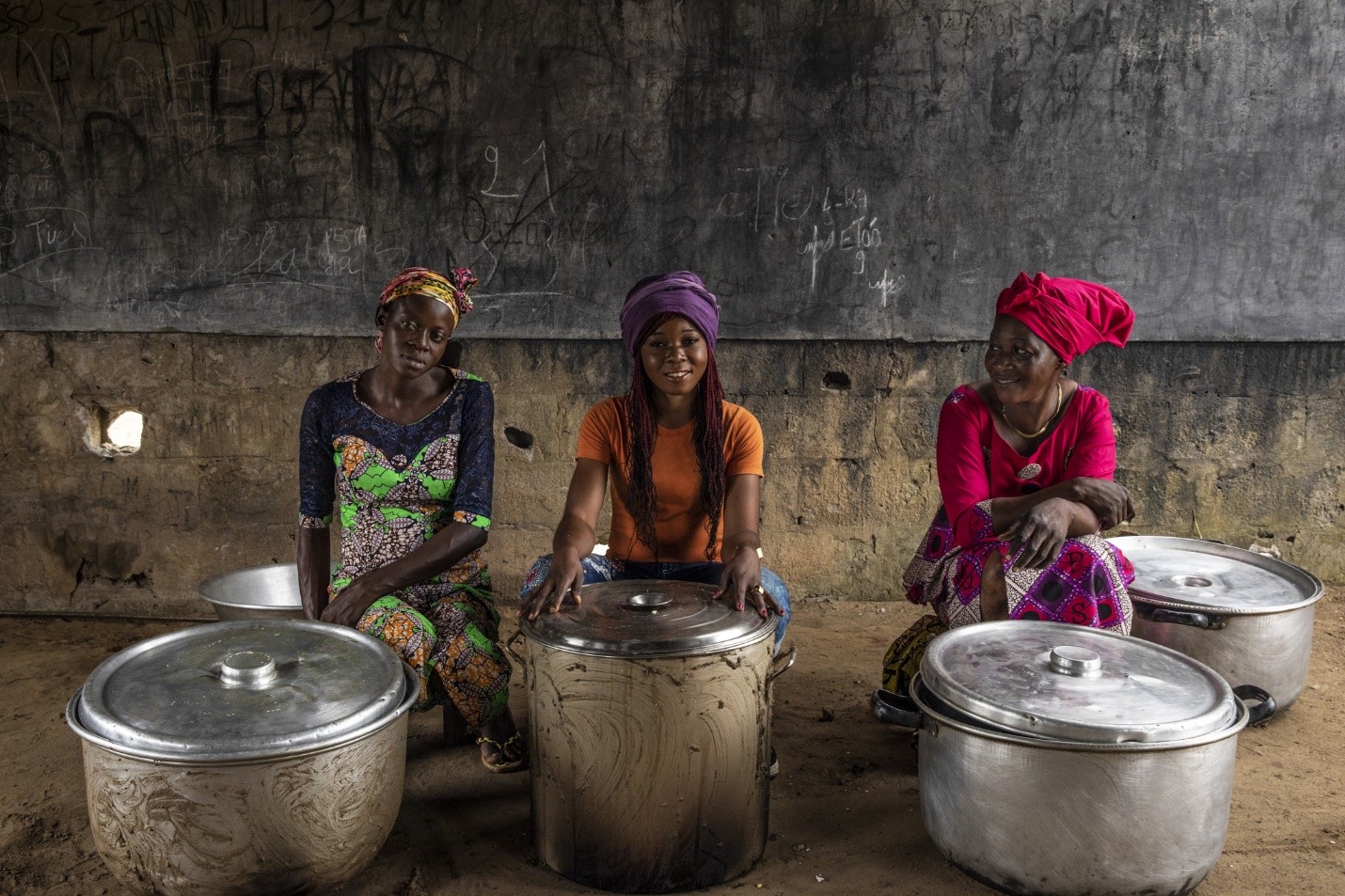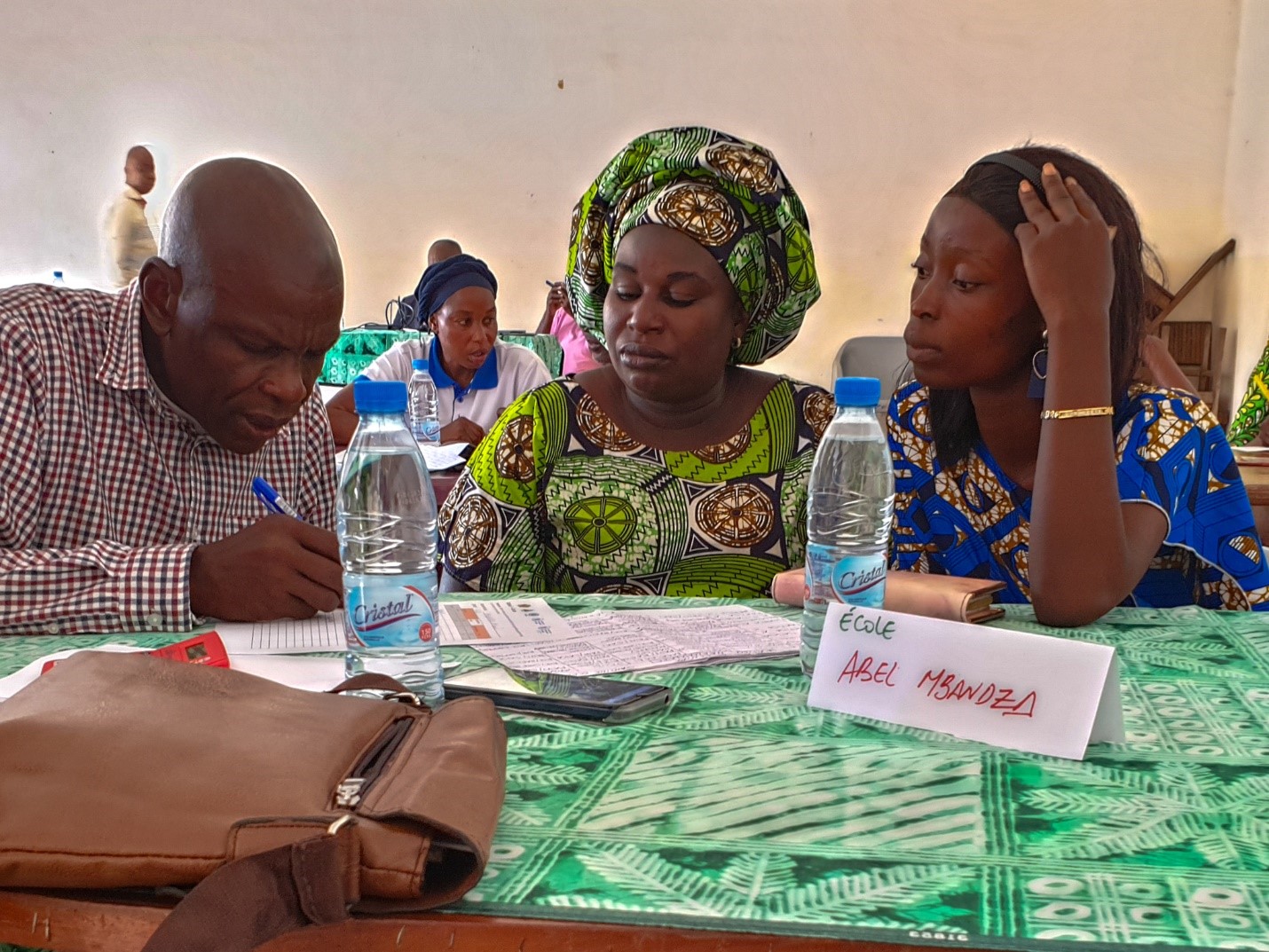
From November 9 to 16, 2024, the Seeds for Tomorrow project held a series of workshops in the Republic of Congo (RoC). The initiative aimed to connect smallholder farmers with local markets, encourage schools to purchase locally produced food, and improve the nutritional well-being of the population, particularly school-aged children.
These one-day workshops took place in the departments of Pool, Plateaux, and Bouenza, with participation from school representatives, farmer groups, and local and national authorities.
Funded by the IBSA Fund (India, Brazil, and South Africa), the project is a collaboration between the government of the Republic of Congo, the government of Brazil, the World Food Programme in RoC (WFP RoC), and the WFP Centre of Excellence against Hunger in Brazil (WFP BR).
The workshops focused on fostering sustainable partnerships between schools and farmer groups, ensuring a steady supply of fresh, locally produced food for school canteens throughout the academic year.

“The workshops conducted in these three departments were crucial for stakeholders to discuss the opportunities and challenges of purchasing locally produced food and supplying it to schools. It also provided a platform for stakeholders to agree on the next steps regarding how schools will ensure the purchase and delivery of local products to the 10 schools involved in the project,” stated Nadia Goodman, the project coordinator.
A key focus of the workshops was the development of meal plans incorporating locally grown, seasonal produce. Participants created a harvest calendar and determined the quantities of each food item needed to form an ideal school menu.
The workshop methodology was interactive and participatory, featuring practical activities that deepened participants’ understanding of the benefits of school-farmer partnerships. The activities were structured into three sessions: first, schools designed their menus, while farmers’ organizations recorded their production schedules for the school year. Both groups then presented their results, identifying overlaps and gaps between the schools’ needs and the farmers’ local production.
In addition, the group discussed challenges such as delivery conditions, timing, and the price-setting mechanisms to be adopted between farmers and schools. This process culminated in the collaborative creation of menus that integrated local and seasonal products, promoting a self-sustaining and collaborative approach to home-grown school feeding.




